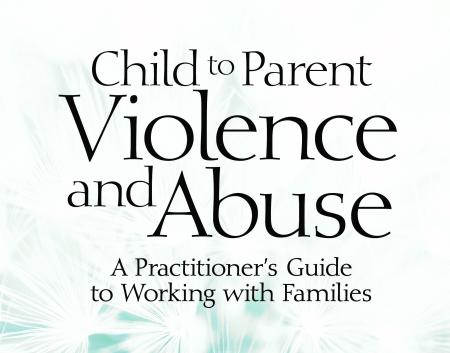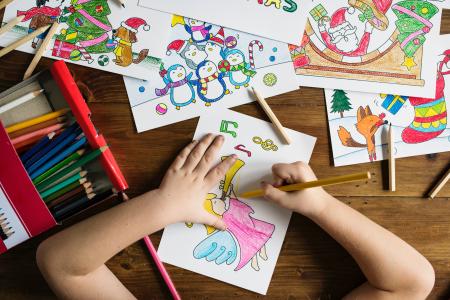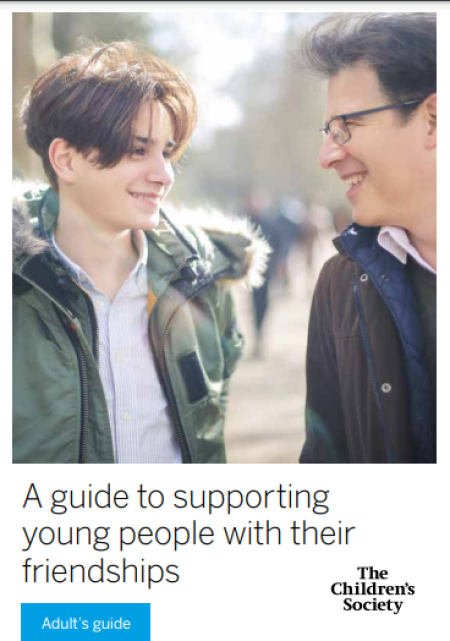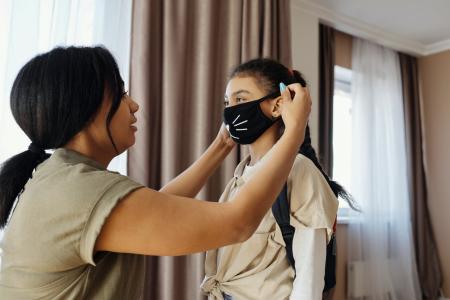
In the 1960s, anthropologist Jane Briggs travelled beyond the Arctic Circle to live with Inuit on the tundra for 17 months. She found that even when the Inuit had a reason to be frustrated, they did not get angry or impulsive. Her curiosity piqued, she wanted to know how the Inuit transform tantrum-prone toddlers into cool-headed adults?
An NPR reporter travelled to the same Inuit village and found the answer in the nurturing and tender Inuit parenting style which includes:
- A no-yelling policy: the culture views scolding, raising your voice or punishment as inappropriate. If children are misbehaving, it is because they are upset and parents need to show them how to control their emotions. If parents can stay calm, children can learn how to stay calm too.
- Storytelling: stories are much more to children than bare statements; storytelling is a playful interaction with kids. Oral stories are passed down from generation to generation and are designed to sculpt children's behaviour at the moment. For example, instead of yelling at a child to 'put on your hat!!', Inuit parents tell them to beware of the northern lights; if you don't wear your hat in the winter, the lights will take your head and use it as a soccer ball!
- Morality play: when a child acts in anger, parents wait for the child to calm down and then they act out what happened when the child misbehaved. They raise questions in a playful, fun tone to make children think – it is important not to forget that play is children's work. This way, children practice a different response to stressful situations when they are not angry. They practice self-control.
As clinical psychologist Laura Markham says, '(…) what we do in responding to our child's emotions shapes their brain.' Which seems to be something the Inuit have known for a long time.

You might like..
0
14
As summer comes to an end and children return to school the widespread issue of bullying starts taking its toll on the lives of a significant number of students. According to the American National Center for Education Statistics, in 2017…
0
97
In the last 50 years, there have been major changes in family structures and in the institution of marriage (especially with an increase in single-parenting and working women) in many countries, leading some to worry that…
0
1
As a response to the Larry Nassar scandal which shocked US last year resulted in a series of articles, this one in particular discussing how to talk to children about sexual abuse. Author talked to experts about this and here is what they recommend…
0
9
The Trauma-Informed Schools project, implemented by the Istanbul-based organisation Maya Vakfi (Maya Foundation) and supported by Theirworld, uses art therapy and other skills to provide psychosocial support to refugee children and…
0
In an exclusive interview for Mirror Online, Claire Lilley, the Child Safety Public Policy Manger at Google EMEA has discussed the new You Tube app for children and explained 5 tips for parents to make sure their children are benefit from the new…
0
6
June 1st marks Global Day of Parents, a day proclaimed by the United Nations as a day to appreciate parents all across the world for their selfless sacrifice and care towards their children.
All of us who work with children and families know…
0
64
The article below was written by Helen Bonnick, a social worker and educator who specialises in child to parent violence and abuse. Her website, Holes in the Wall, brings together information, research and resources about this form of abuse for…
0
13
Self‐esteem is regarded as vital to children's social and cognitive development and emotional well‐being. Arts engagement may well be important in supporting children's self-esteem. To date, new research was conducted by Hei Wan Mak and Daisy…
0
44
Internet access for children has never been as easy as it is today. Add to this the fact that children learn how to handle modern technology significantly faster than their parents, and this creates significant new problems for parental control in a…
0
13
We Are With You service manager and safeguarding lead, Sonya Jones writes about the exploitation of young kids in drug trading and the pandemic’s effect on the problem.
Kids of ages 13-17 are being recruited and used to sell drugs by gang members as…
0
40
Many children returning to school face bullying and may suffer from anxiety, depression, feelings of shame, and other severe problems. Bullying can have immediate and long-lasting consequences on a young person’s mental health.
Bullying comes in…
0
200
In an article published in The New York Times, children of all ages were asked about their home learning experiences. Each child chose words or created a drawing to express their feelings.
Some of them love the feeling of being free and…
0
86
Nowadays many people find it difficult to make friends and create strong bonds. This sad fact is true not only for adults but also for young people. Some of the main factors that affect friendship are the person’s own character, ambitiousness,…
0
1667
What is TikTok?
TikTok is an application for creating and sharing video content, often with sound. It was launched two years ago and has more than 800 million active users worldwide. Almost every type of content can be found on the platform,…
0
590
The National Network for Children Bulgaria (NNC) shared an article discussing the effect of the pandemic on the mental state of parents and children.
In the article, the NNC emphasize that despite the difficult conditions created by the COVID-…



















